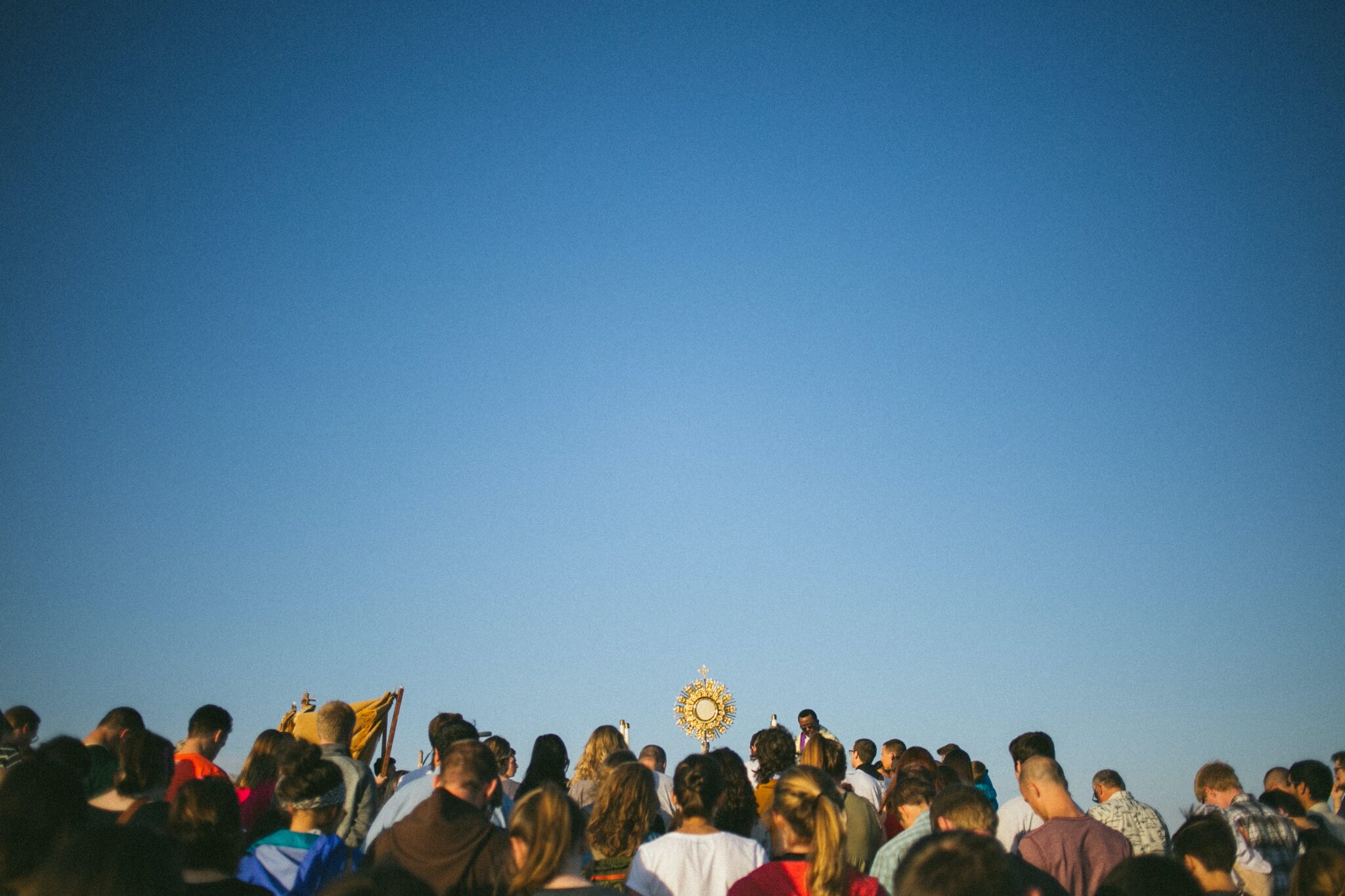May a Catholic give or invite a non-Catholic to receive holy Communion? Wouldn’t that promote our efforts toward ecumenism?
Although your intentions may be excellent, ecumenism would be more hurt than helped by what you suggest. Does the Eucharist already have a meaning or does it have only the meaning which I assign to it? How a person answers that question heavily influences his or her stance on intercommunion.
In the Catholic Church, the communicant responds, “Amen,” to the announcement, “Body of Christ.” Can that Amen mean everything from, “Yes, I believe Christ is present here,” to, “Christ is present here in the same way that my deceased grandmother is present when I look at her photo”?
With a few exceptions, the practice and law of the Roman Catholic Church are not to give the Eucharist to non-Catholics. In receiving the Eucharist we not only need to believe that Jesus is truly present under the appearances of bread and wine, but must also be in communion with the Catholic Church.
For all practical purposes, when a person receives Communion, he or she is saying: “I accept all Catholics as my brothers and sisters. I hold the same truths as they do. I accept the Holy Father and the bishops as successors of Peter and the other apostles.”
In some circumstances Orthodox Christians may receive Communion. Even non-Catholics could, under special circumstances, receive Communion with the permission of the bishop—for example, if the person is dying and expresses faith in the Real Presence.
Many missalettes printed in the United States carry this 1996 guideline from our bishops: “Because Catholics believe that the celebration of the Eucharist is a sign of the reality of the oneness of faith, life and worship, members of those Churches with whom we are not yet fully united are ordinarily not admitted to holy Communion. Eucharistic sharing in exceptional circumstances by other Christians requires permission according to the directives of the diocesan bishop and the provision of canon law” (Canon #844,4).
In 1940 Brother Roger Schutz brought Protestants and Catholics together to establish a monastic community in Taize, France. That monastery has contributed a great deal to the ecumenical movement, but its monks do not practice intercommunion.
Admitting and seeking to understand the painful differences that keep Catholics and non-Catholics apart in this matter may be today’s best contribution to ecumenism.








